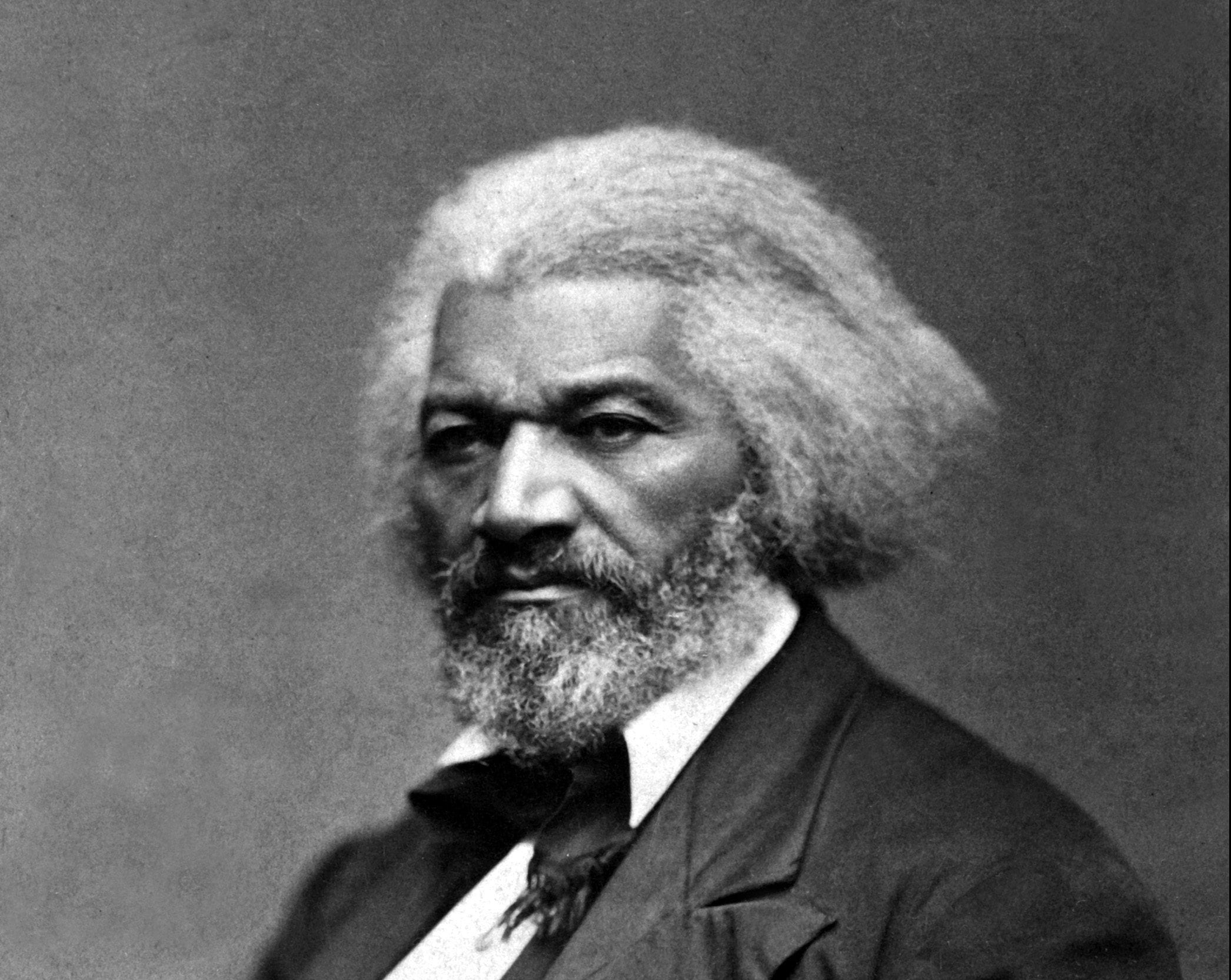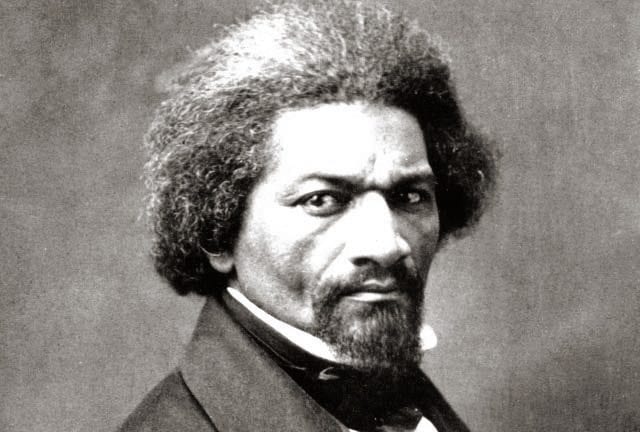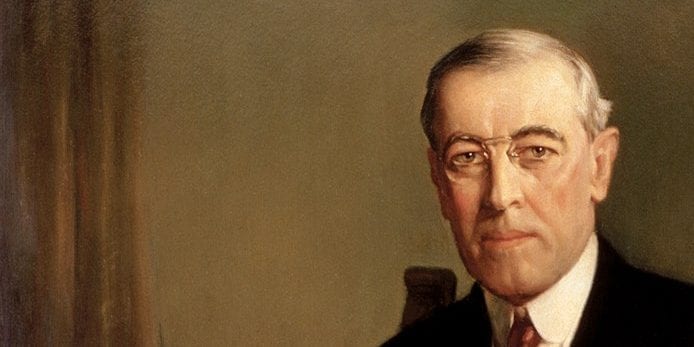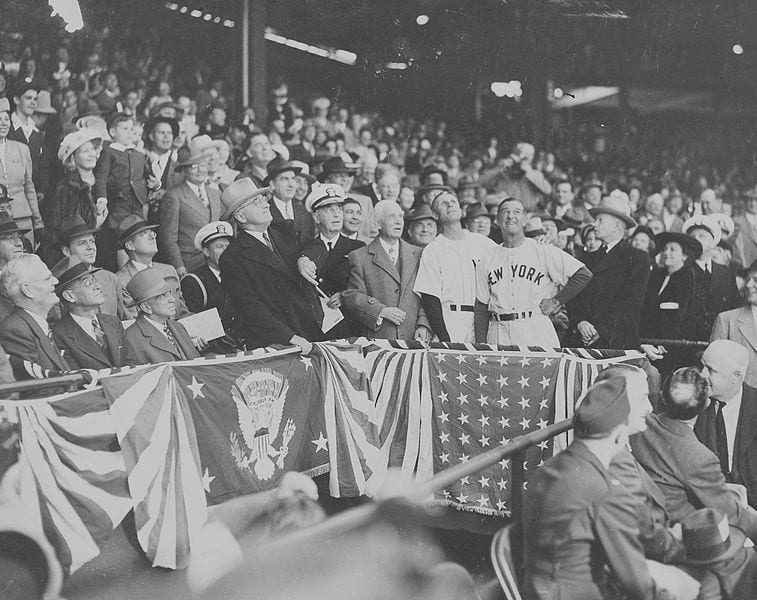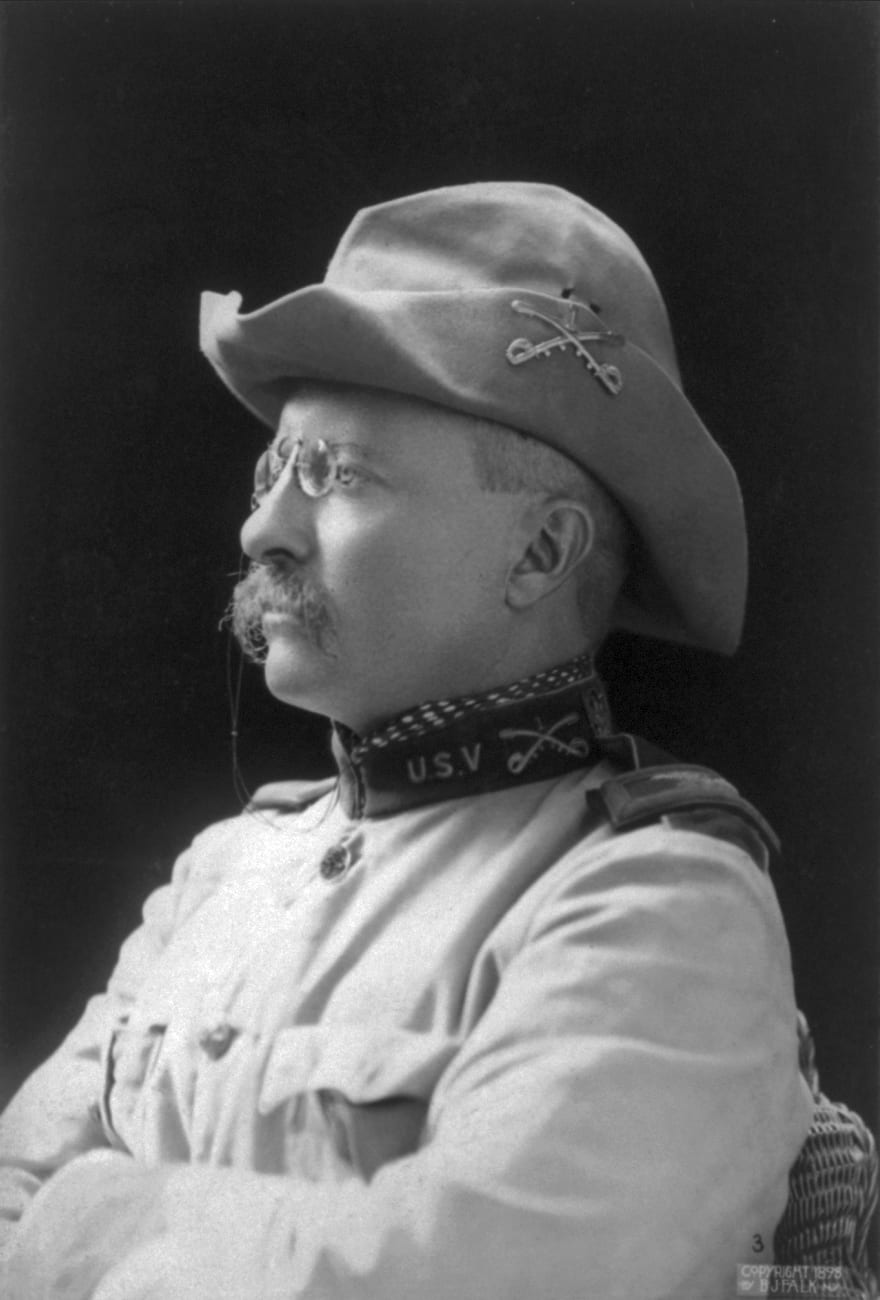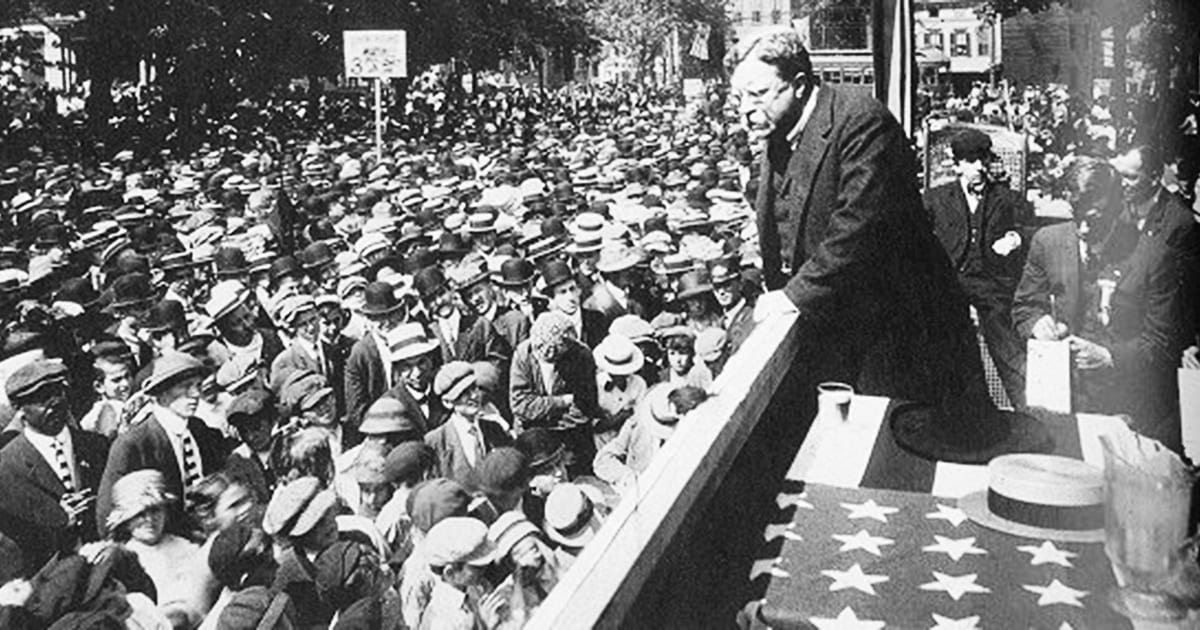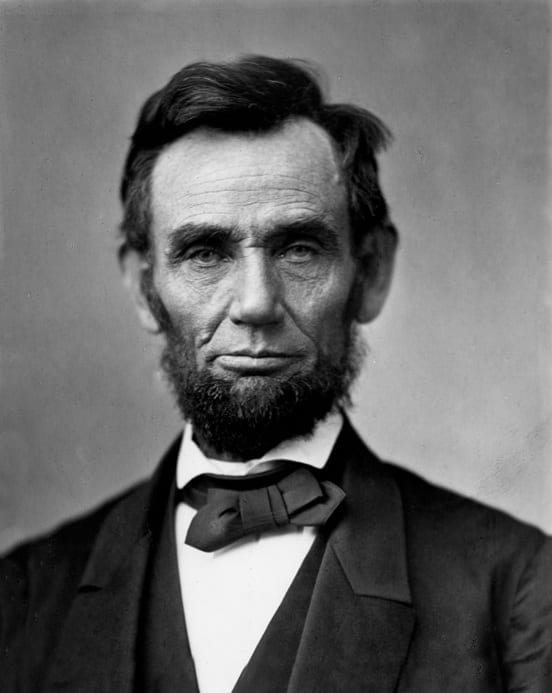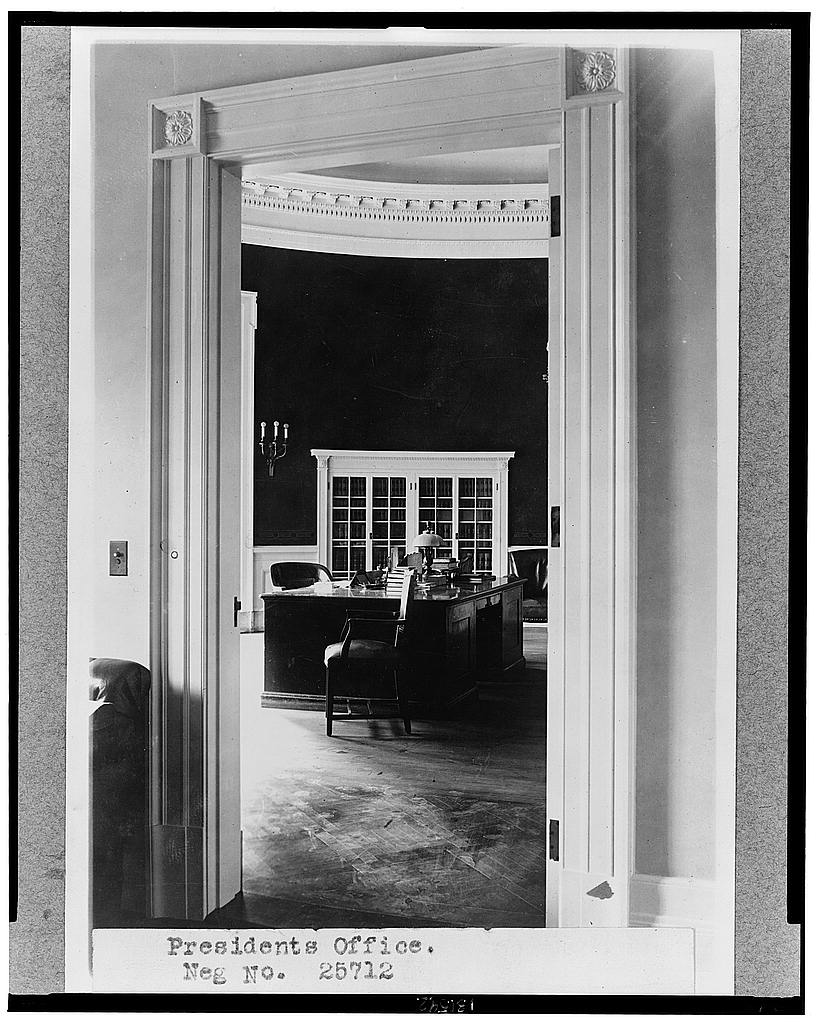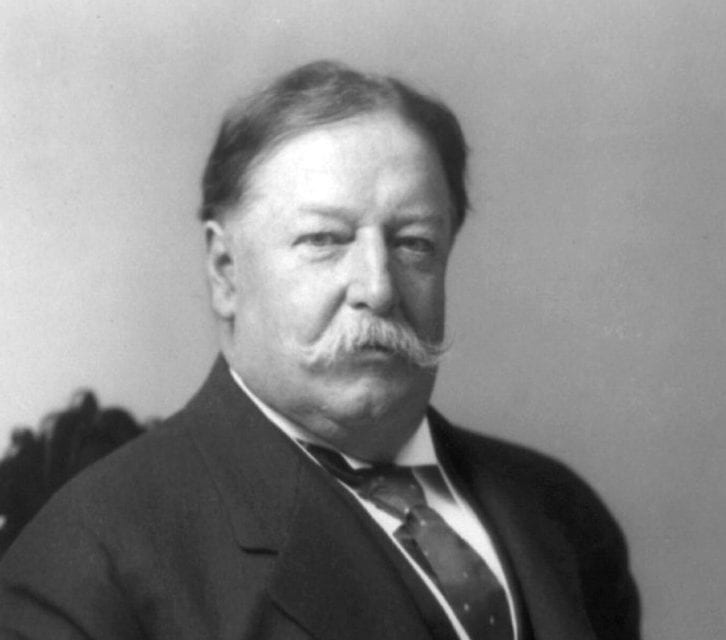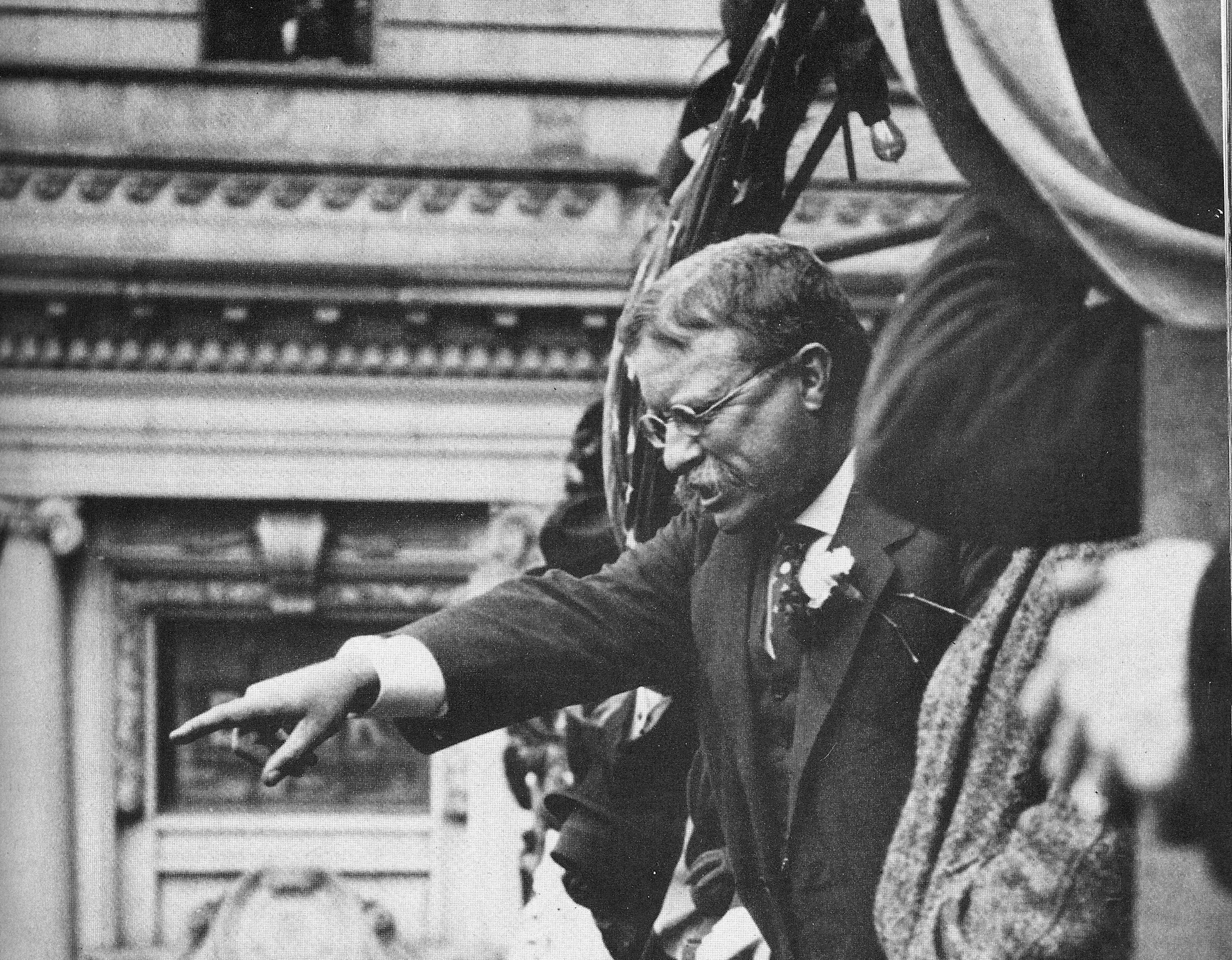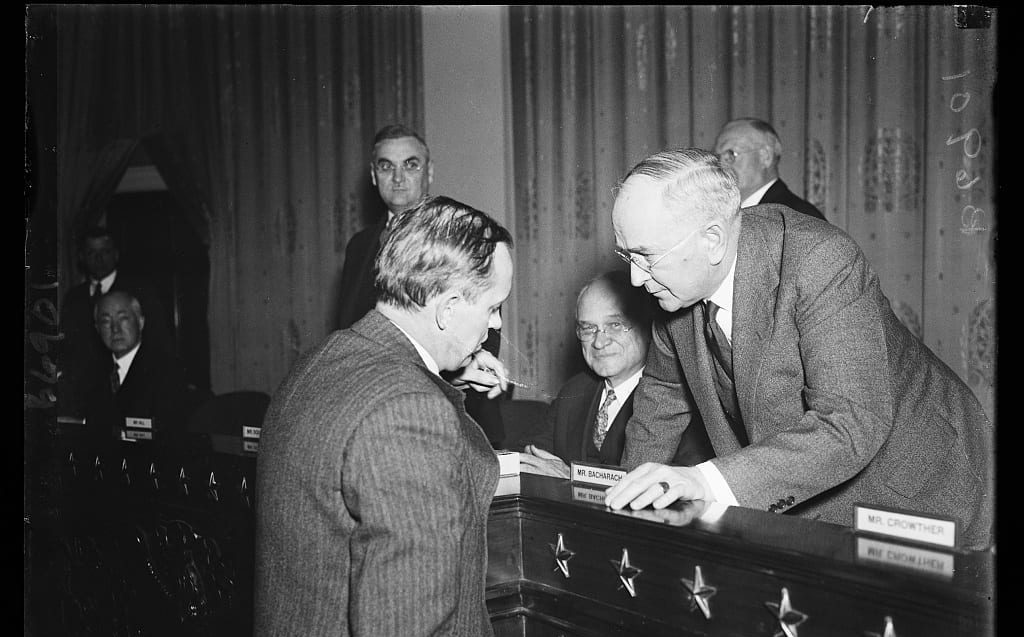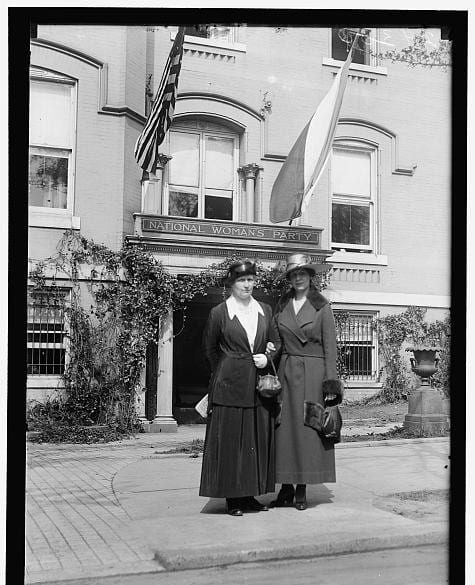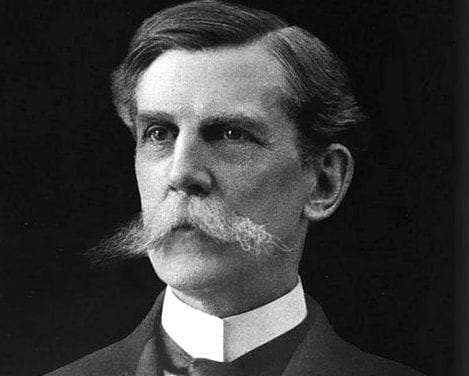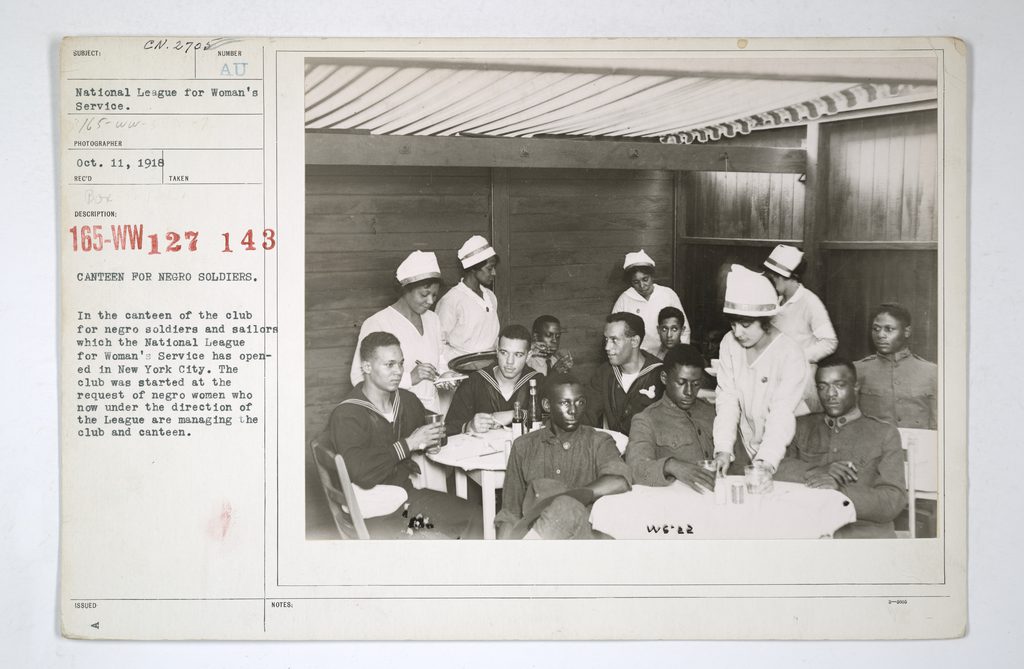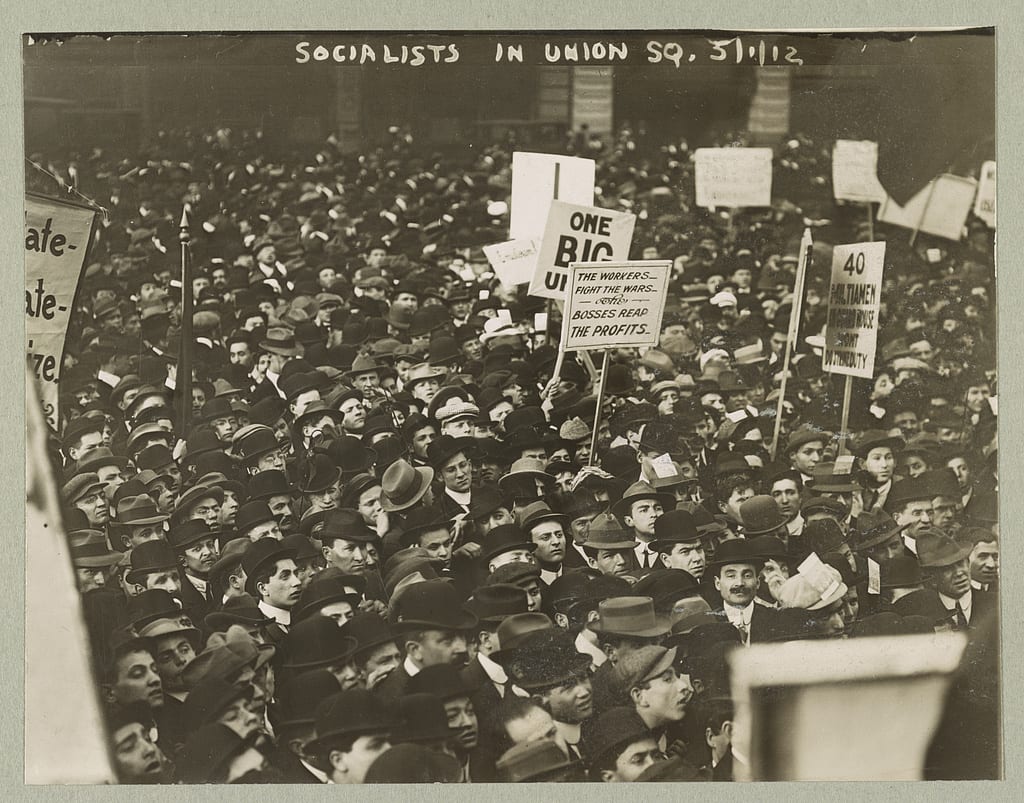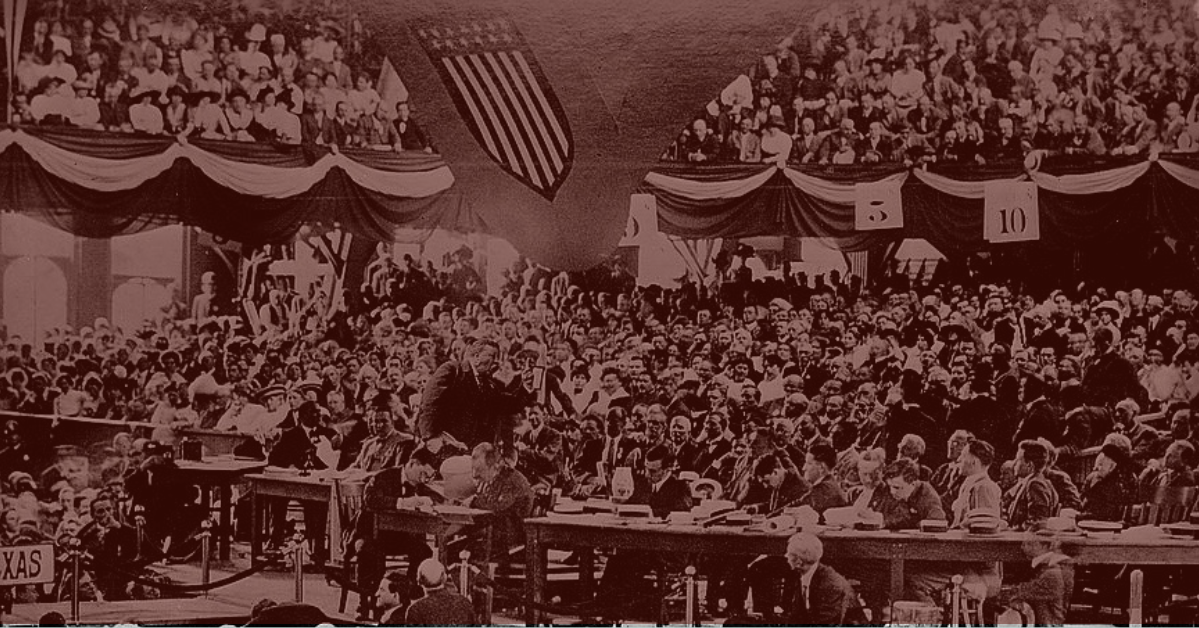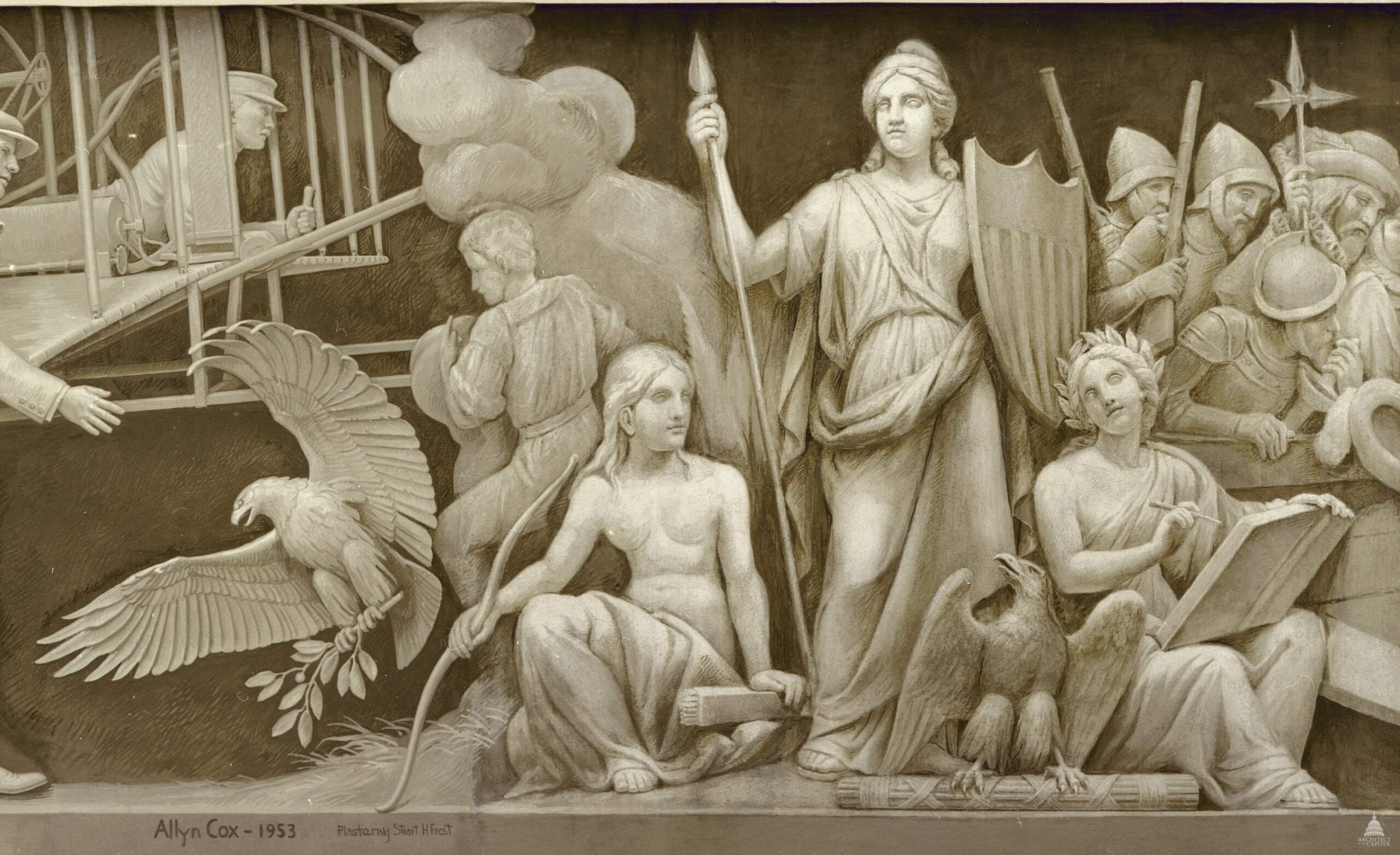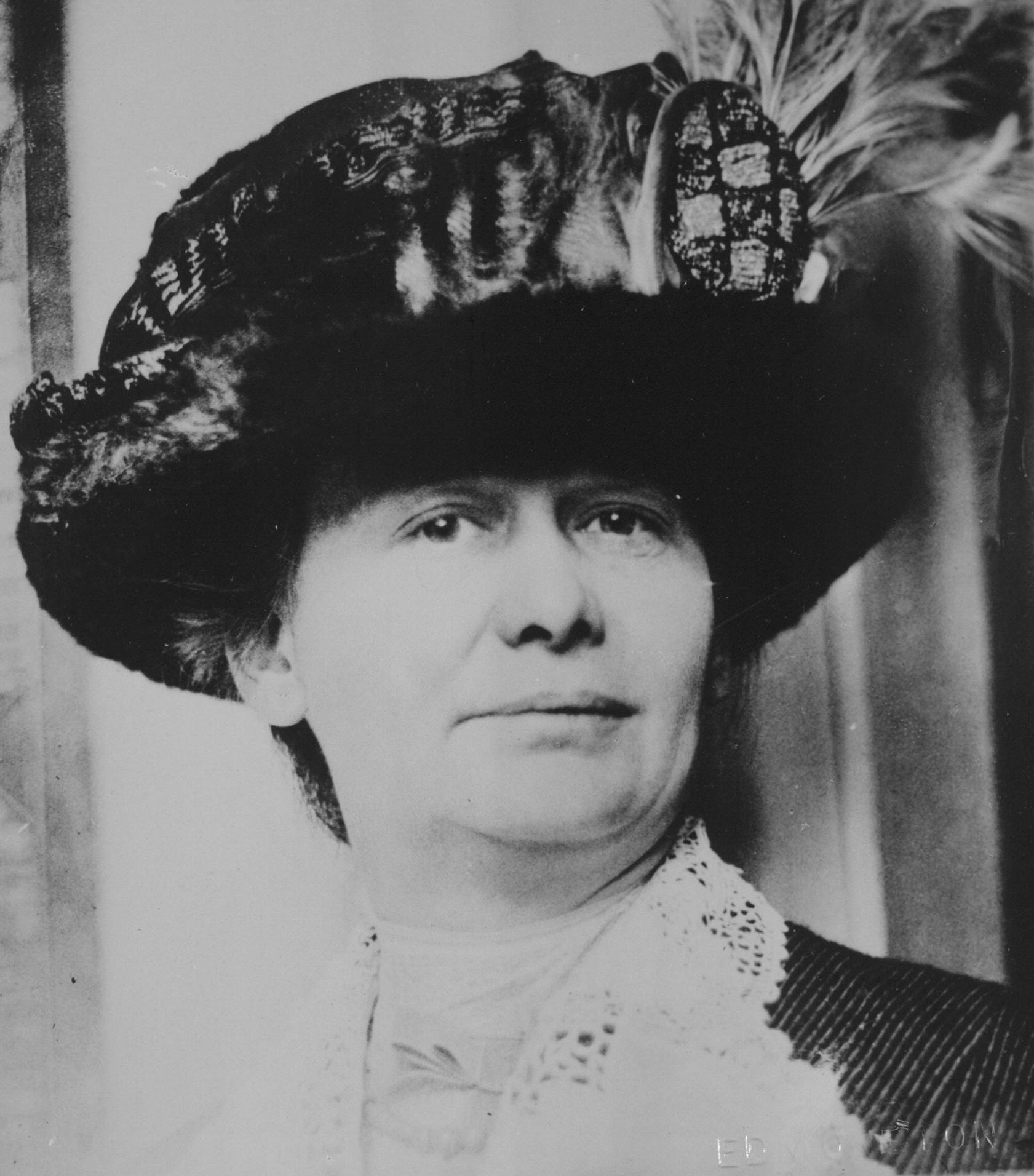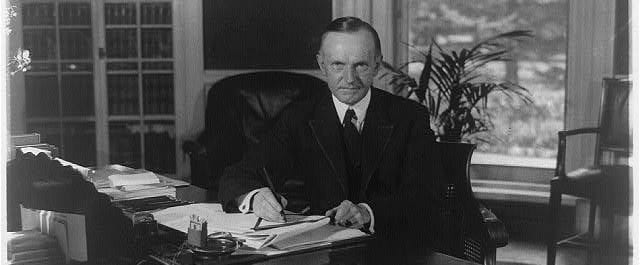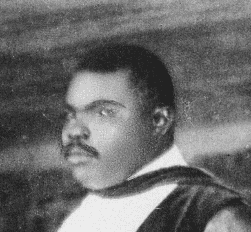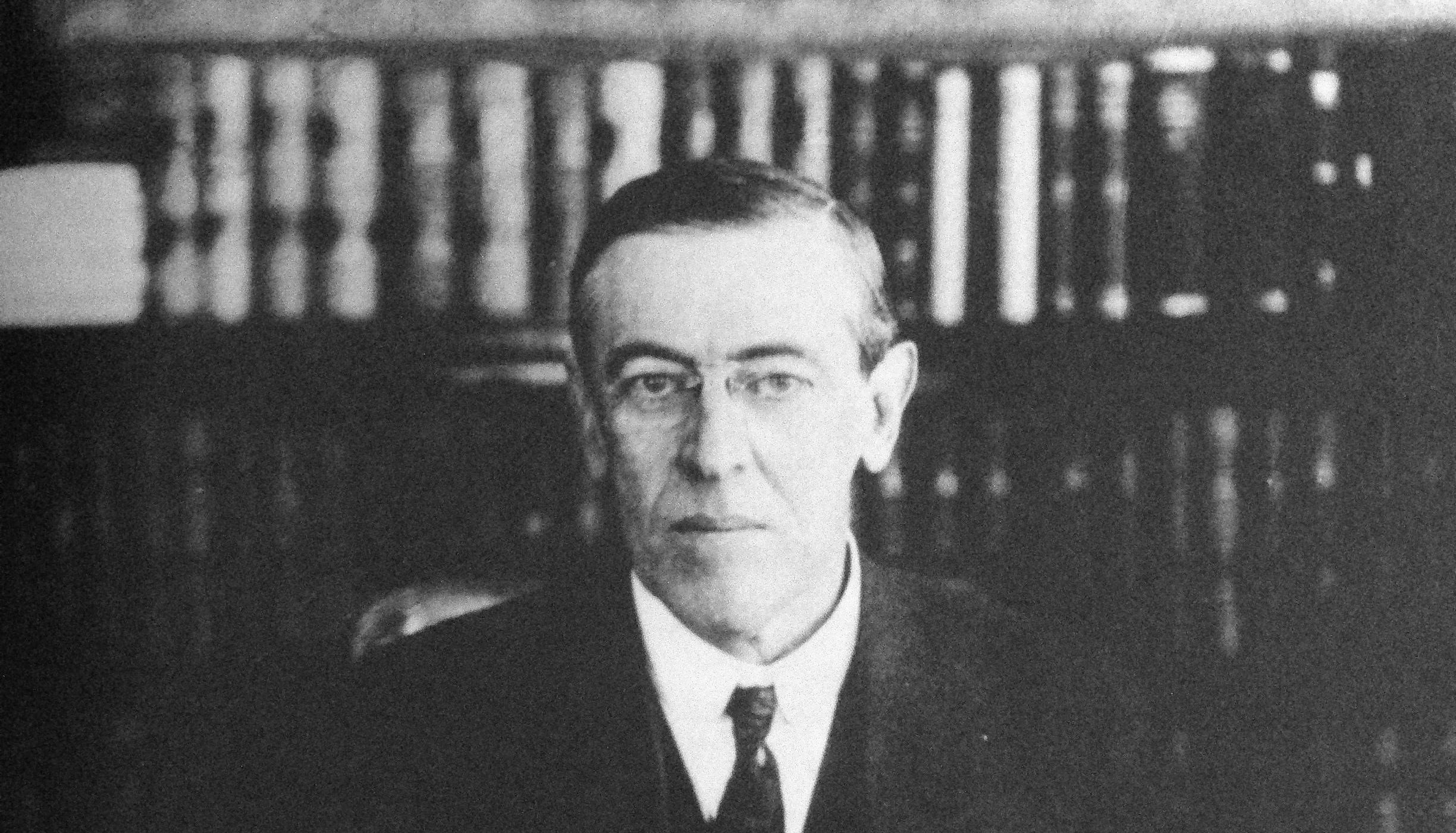
No study questions
No related resources
Were the question “Can democracy tolerate the Church?” some thoughtful Americans would promptly reply, No. Democracy has use for religion in its business. It cannot permit so vital a social function to be monopolized and arbitrarily controlled by private interests. Religion, like every other universal human concern, must be brought under community control, if democracy is fully to vindicate itself. A church bearing a sect name and exploiting society in the interests of a sect idea cannot be tolerated by a thoroughgoing democracy, Religion is too vital a social function for its institutions to be monopolized by private corporations.
The great majority are still reconciled to laissez faire in religion. Democracy can tolerate almost anything. Even such institutions as the present hodge-podge of religious organization are not beyond its complacency. Democratic society suffers a great deal which it does not approve. Even majorities do not arbitrarily order affairs according to their will. Until majorities attain a unity of purpose and select a clearly defined objective, they let minorities have their way. The community as a whole has been too busily occupied with matters which it must handle to mix in with the scramble of religious sects which it feels that it can let alone. The American doctrine of the separation of church and state is still commonly interpreted by the sects themselves, by the politicians and by the general public as involving a complete let-alone of the religious bodies by agencies under public control. Our democracy so far takes the religious situation philosophically. Nobody except securely installed hierarchs likes the way things are going, but the only course open to the public seems to be to keep hands off. The public indeed gets much satisfaction out of its indifference, taking pride in its “toleration.”
But our question is not of the diligence or indifference of democracy in the face of our religious confusion. It is rather that of the integrity and sincerity of the Christian system. Can Christianity save its soul while sponsored by the institutions which assume to mediate it among the American people? The churches are not democratic; are they Christian? Can genuine Christianity survive their manipulation? Is the Christian tradition safe in their keeping? Will the American people ever know and feel what Christianity really is under the churches tutelage?
It is hard to define Christianity. This quality it shares with every great and vital truth. It is impossible to express in fixed formulas any living and universal reality. But whatever Christianity is, it is not an institution, a culture. It is a spirit, an inspiration. Conformably to its nature, therefore, it must resist confinement in an official institution. Least of all can it tolerate the monopoly of self-appointed hierarchies, close corporations which can consistently resist democratic control.
Christian history is one continuous breaking away from the institutions which have assumed to confine Christian truth and the Christian spirit. The greatest foe in more than one clearly defined crisis with which true Christianity has had to contend has been the Christian church. The larger question is whether this has not been always true, whether the attempt to ecclesiasticize Christianity has not always been a blunder, when it has not broken out into flagrant crime. It is common enough to hear the church castigate for its shortcomings. Reproaches and charges of malfeasance are the pabulum of the press and the forum, and furnish the common talk of the street and the railway carriage. May not the much belabored church deserve the summary defense of sweeping the whole mass of charges out of court? The churches have been excepted to perform the impossible. They have not succeeded because to succeed is ingloriously to fail. In the nature of the case an ecclesiastical organization cannot serve the purpose for which Christianity is in the world. Being a spirit and not an institution, the attempt to institutionalize Christianity sacrifices its genius.
No one denies the sacrilege which the church has at certain seasons committed upon essential Christianity. John Gerson was quite as eloquent and caustic as John Hus in denouncing the abuses of the papacy and the Roman hierarchy during the early portion of the fifteenth century, though the former was an aggressive instigator of the assault which committed the latter to the flames. The orthodox opponents of Martin Luther rarely denied the truth of the moral obliquities which he charged against the ecclesiastical order of his day. And in his turn Luther lived long enough to lament the excesses and the sacrifice of essential Christianity on the part of the new ecclesiastical order which his reforms instituted. Every reformed church itself needs to be reformed, and the new process usually begins before the original reformers die.
This phenomenon nullifies the contention that Christianity can survive only as it is embodied in a distinctive institution assuming to act as its official custodian. What has kept essential Christianity its busiest from the first till now is its effort to break away from this custody. It would seem far more reasonable to ask. “Can Christianity survive without the church?”
In this connection it is important to determine what is meant by a church. Everybody knows offhand, but few realize the essential genius of the institution. Being a spirit, Christianity can express itself through any social institution not inimical to its genius. There are Christian grocery stores, doubtless, in spite of the presumptions to the contrary which war prices have created. There can be such a thing as a Christian state. There are Christian industrial corporations. There are Christian individual men and women. These are true to the term in the degree to which they embody the Christian spirit and purpose. But is not a Christian church an anomaly, a contradiction in terms, an impossibility? Of course the great majority of us do not think so now. But should not this fact be discovered and the necessary radical changes be made in the present religious program? Should not those who hold in the highest esteem the Christina truth, and who hope for the spread of the Christian spirit through all our society, justify their faith by helping to release Christianity from its present demoralizing confinement?
Christian officialdom tends to stifle the Christian spirit. It does it in individual men and women. It would do it in grocery stores, if it were applied. The customers of a food market over which were plastered labels protesting its strict and unimpeachable Christian character would rather expect to find sand in the sugar and rain water in the vinegar. The way to make a state Christian is not to “establish” a Christian church nor otherwise to officialize a cult. That institution is Christian which expressing the Christian spirit and whose program realized the Christian purpose. No other is Christian indeed, however spangled with Christian labels it may be. The very officiousness of its professions therefore compromises the Christian church. This out-thrust of officialdom has prepared a sophisticated American public for just what is discovered in the conventional church, must asseveration of Christian claims and little practice of the wholesome and whole-hearted brotherhood which is the soul of both democracy and the Christian tradition. Even where the ritual prescribes universal “welcome” and unimpeachable users fulfill the ritual without a flaw, only those who qualify in approved social sets are likely to be unreservedly included, and others are “welcomed” only to be patronized.
If American society perfect its democracy, its religious institutions must come under community control. This implies that all sect labels must come off and sectarian control must be abolished. This is essential from the point of view of democracy. Is it not quite as essential from the point of view of Christianity? Enlightened Christian forces should join with democracy to transform the present order and abolish the sectarian system.
Sectarianism would not be abolished with the merging of all Christian sects into one. That might only aggravate its evils. A strong sect can do more mischief than a weak one. What democracy needs to complete its program, and what Christianity needs for its emancipation, is the abolition of the whole sect program and the eradication of the sectarian principle and spirit. Hierarchies which are pleased to call themselves Christian have no more rights in the common religious institutions of democratic society than have other groups pleased to assume other labels. Christianity does not gain, but it inevitably loses by claims of monopoly in its favor. The time must come when those who advance such claims will be identified as the foes and not the friends of true Christianity. Christianity can be itself only as it wins acceptance on its spiritual merits. As soon as presumptuous friends attempt to install it in social institutions monopolized in its interest is loses spiritual merit.
From all quarters rises the lament of the unfaithfulness of the Christian Church to its trust. And the remedies are almost as various and numerous as the complainants. If all should come to realize that an official Christian Church by its very nature must be un-Christian, it would vastly accelerate the religious reconstruction which is in any case inevitable. No one who believes in essential Christianity should resist the process of bringing our religious institutions under community control. The hands of professed Christians should reach farthest and move quickest in stripping off sect labels. Nothing else could so effectually vindicate essential Christianity, and no other program would furnish so free an opportunity for Christianity to accomplish its wholesome mission in human life.
Schenck v. United States
March 03, 1919
Conversation-based seminars for collegial PD, one-day and multi-day seminars, graduate credit seminars (MA degree), online and in-person.



